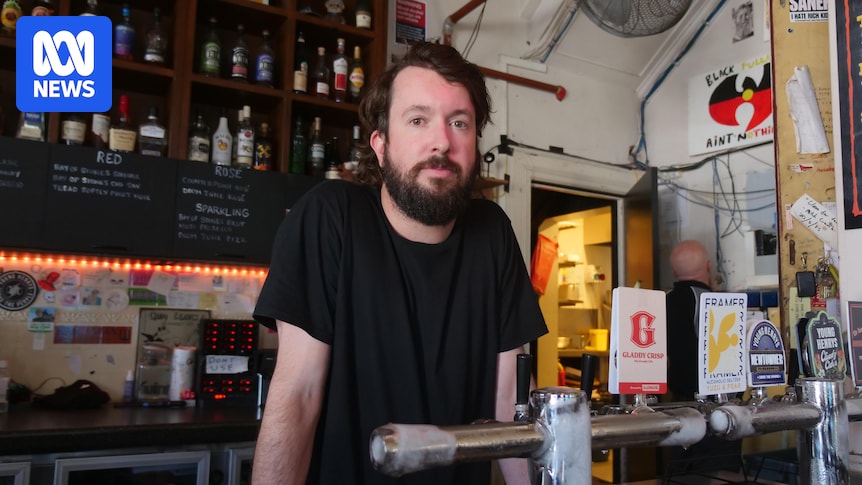
In a groundbreaking move for Australian healthcare, Bupa has announced the launch of free pharmacogenomic testing kits for its health insurance customers. This initiative, available until the end of the year, aims to help individuals understand how their genetic profiles might influence their reactions to over 100 different medications.
Bupa is collaborating with myDNA to offer these tests through its digital health platform, Blua, and at Bupa’s Medical Centres. The wider public can also access the test at a discounted rate via Blua. Pharmacogenomics provides crucial insights into how a person’s body might respond to specific medications, examining 11 key genes that affect responses to drugs used in mental health, heart health, cholesterol management, and pain management.
Understanding Pharmacogenomics
Pharmacogenomic testing is conducted using a simple cheek swab, with customers able to order an ‘at home’ kit through Blua. The results are sent to the customer’s nominated GP, who will discuss them during a consultation, the cost of which is borne by the customer. Dr. Simon Benson, Bupa’s Clinical Innovation and Genomics Director, explained that pharmacogenomic testing offers clinicians a more precise understanding of patient responses to medication, potentially leading to more effective prescribing.
“Currently, medications are prescribed without knowing how an individual’s genetic makeup may impact their response to the medication. Sometimes finding the right medication can require some trial-and-error. Pharmacogenomic testing can help inform medication choices, reduce side effects, and limit unnecessary healthcare cost,” Dr. Benson said.
The testing is designed to have no impact on an individual’s health insurance premium, and results are not shared with Bupa Health Insurance. This approach allows GPs to make informed decisions when prescribing new medications or adjusting existing treatments, such as altering dosages or switching medications.
Implications for the Healthcare System
Pharmacogenomics could significantly ease pressure on the healthcare system by reducing avoidable hospital admissions and return visits to GPs due to medication-related issues. Dr. Benson highlighted the potential for pharmacogenomics to improve patient adherence to treatment plans and contribute to better health outcomes.
“The results of an individual’s pharmacogenetic testing need to be discussed with their GP as part of their ongoing treatment plan,” he said. “Finding the right medication and reducing side effects with guidance from healthcare professionals can potentially help increase patient adherence to treatment plans and contribute to improved health outcomes.”
myDNA co-founder Allan Sheffield echoed this sentiment, advocating for pharmacogenomics testing to become a standard part of care in Australia, enhancing the ability of doctors to provide personalized health outcomes.
Looking Ahead
As pharmacogenomic profiles remain constant throughout a person’s life, test results can guide future treatment decisions. Alongside genetic information, doctors also consider other factors such as lifestyle, age, overall health, and concurrent medication use when determining the most suitable treatment for a patient.
Bupa’s initiative represents a significant step forward in personalized medicine, offering a glimpse into the future of healthcare where treatments are tailored to individual genetic profiles. With 10,000 free testing kits available to Bupa Health Insurance members aged 18 and over in Australia, the program is set to make a substantial impact. To qualify for free testing, customers must order their kits by November 30, 2025, and return samples by December 31, 2025. GP appointments for reviewing results remain the responsibility of the customer.
This development marks a pivotal moment in the intersection of genetics and medicine, promising to transform how treatments are prescribed and managed in the years to come.







